
Posted on May 16, 2016
The study of food law provides an ideal opportunity for transdisciplinary research and can contribute to the achievement of the University of Pretoria's research frontiers strategy.
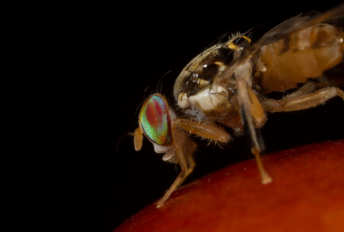
Posted on May 13, 2016
Fruit flies are a major threat to fruit production because infested fruit cannot be sold and production costs increase due to costly management techniques, resulting in increased fruit prices.
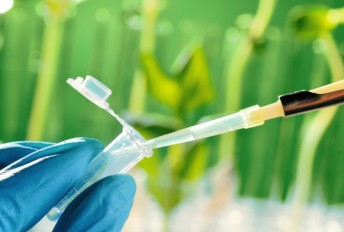
Posted on May 11, 2016
An estimated 20 000 plant species are used medicinally today and a number of ingredients commonly used in modern medicine to treat serious diseases, originate from plant-based traditional medicine.

Posted on May 09, 2016
'I have lived in an informal settlement. I have visited a number of settlements. I have seen how poverty can strip my fellow humans of dignity.'
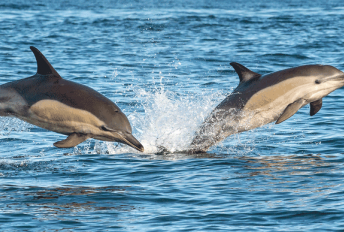
Posted on May 03, 2016
The Sea Search group is a collective of scientists and students from various local and international institutions who have a strong academic background in marine mammal science.

Posted on April 28, 2016
Life can thrive in the most extreme climates – from the very hot to the very cold. Something that not long ago was believed to belong in science fiction has now been brought into the realm of reality by a researcher at the University of Pretoria (UP).
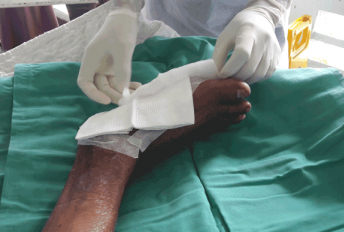
Posted on April 22, 2016
Maggot debridement therapy (MDT) has been used to clean wounds since before the development of antiseptics and antibiotics.
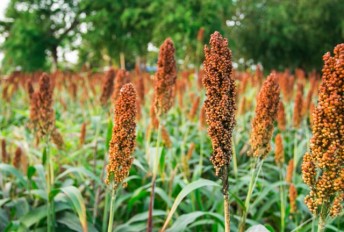
Posted on April 19, 2016
Although malnutrition is not as endemic in South Africa as in some other countries of sub-Saharan Africa, it nonetheless continues to be a significant problem, which is compounded by extreme levels of poverty in some areas.
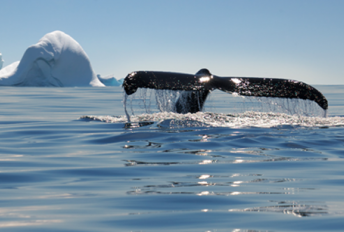
Posted on April 12, 2016
Researchers from the University of Pretoria's Mammal Research Institute Whale Unit, in collaboration with various partners, recently discovered the first evidence of a significant number of Antarctic blue whales off the west coast of South Africa since they were nearly hunted to extinction in the...

Posted on April 08, 2016
Mr Moses Kebalepile, a PhD student in the Faculty of Health Sciences and Research Officer in the Department for Education Innovation at the University of Pretoria (UP), has made it to the semi-final stage of the 2016 GIST Tech-I Competition for his invention of a medical diagnostic instrument...

Posted on March 30, 2016
Alcoholic beverages such as your favourite wine need to go through a lot of scientific tests before they get to the point where they can be enjoyed. Before alcohol can be sold, it has to go through rigorous tests to make sure what is inside the bottle is indeed what it is being sold as.

Posted on March 18, 2016
Most Western infants born with conditions such as Down syndrome, are diagnosed before or shortly after birth, while their black African counterparts are often only diagnosed at around seven months or older.

Posted on March 17, 2016
There was an uproar in the world of rugby recently when 73 health experts submitted an open letter to government ministers in the United Kingdom.
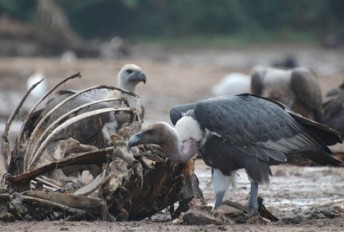
Posted on March 15, 2016
For over a decade it has been known that some drugs are toxic to vultures and that they are exposed to these drugs by consuming contaminated carcasses.

Posted on March 07, 2016
Glaucoma is one of the leading causes of irreversible blindness in the world. This condition often referred to as the silent thief of sight, indeed creeps in like a thief in the night and snatches sight away from its unsuspecting victims – silently and painlessly.
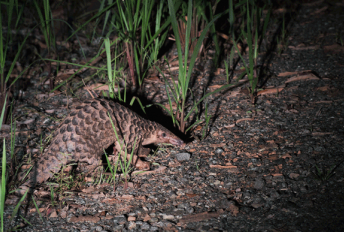
Posted on March 03, 2016
Poaching and wildlife trafficking are becoming all too common in news headlines. Africa’s wildlife are targeted for their horns, tusks, scales and bones – all to satisfy man’s greed.

Posted on March 03, 2016
If a user of the app fails the hearing test, the app recommends the nearest hearing healthcare provider based on the user’s location.
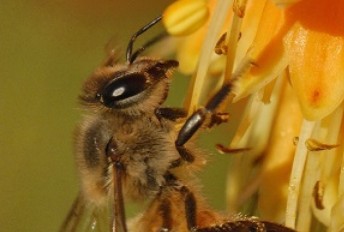
Posted on February 12, 2016
Is it not ironic that while we increase agriculture in efforts to increase food production, we jeopardise some of nature’s most important pollinators?
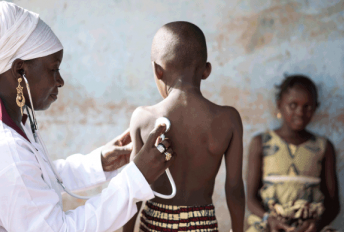
Posted on February 10, 2016
Acute lower respiratory infections are the leading cause of childhood mortality worldwide, with an estimated 42% of these deaths occurring in Africa.

Posted on February 03, 2016
The degradation of the environment is a particular area of concern when it comes to the African continent. Issues concerning land development.
Copyright © University of Pretoria 2025. All rights reserved.
Get Social With Us
Download the UP Mobile App